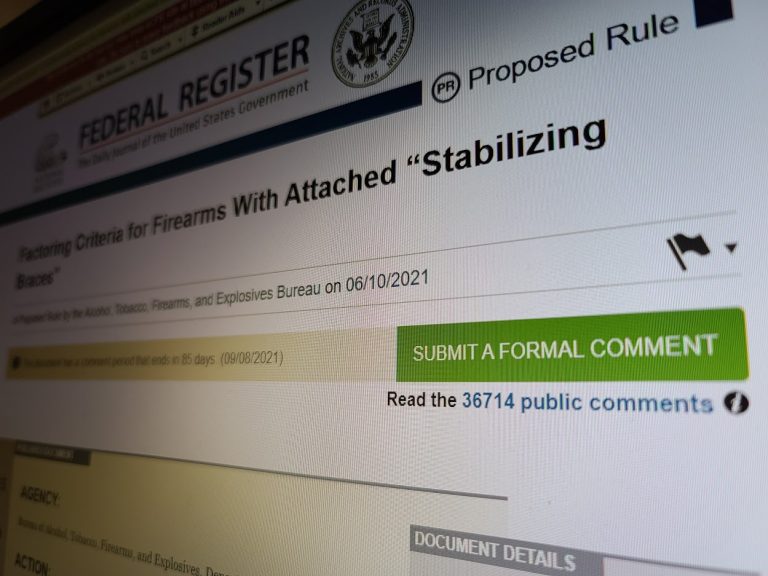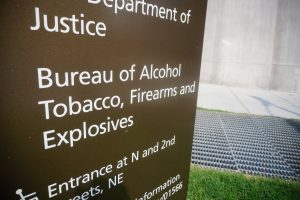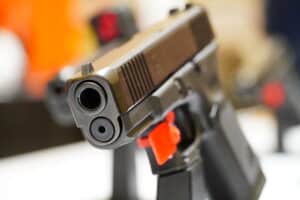The ATF can’t arrest Second Amendment Foundation (SAF) members for owning pistol-brace-equipped guns, according to a federal judge.
District Court Judge Jane J. Boyle explained on Wednesday that her order enjoining enforcement of the brace ban does include SAF members as part of the named plaintiffs in the case. She granted the gun group’s request to clarify her original injunction order. She agreed with SAF that the injunction wouldn’t be effective if it didn’t extend to the group’s members.
“Here, SAF is suing ‘on behalf of itself . . . . [and] its members.’ Accordingly, SAF’s members are reasonably within the scope of the Court’s preliminary injunction pending the Mock appeal,” Judge Boyle, appointed to the Northern District of Texas in 2004 by George W. Bush, wrote in SAF v. ATF. “A preliminary injunction to the contrary would fail to afford complete relief.”
The order comes just days after a Fifth Circuit Court of Appeals panel issued a similar clarification in Mock v. Garland, which applies to Firearms Policy Coalition (FPC) members. The pair of injunctions spells trouble for the ATF the day before its pistol-brace ban goes into effect. The agency will now be more limited in who it can target while attempting to enforce the ban, which affects millions of firearms.
The pistol-brace ban is the result of an executive order by President Joe Biden as part of his efforts to unilaterally impose new gun-control measures. It reclassifies firearms that have barrels shorter than 16 inches and are equipped with pistol braces designed to strap to a shooter’s forearm and stabilize the gun during firing, as short-barrel rifles. That makes them subject to the National Firearms Act of 1934 (NFA) and would make it a federal felony to possess one unless it is registered with the ATF.
The rule requires those who already own the newly-reclassified guns, which the ATF previously ruled weren’t subject to the NFA, to register their firearms with the agency, dismantle or destroy them, or face potential charges. Wednesday was the deadline for owners to register their guns.
Judge Boyle’s order directly references and closely mirrors the Fifth Circuit panel’s clarification order. However, unlike the panel, she does not directly address whether the injunction also extends to the customers of the named gun company in the suit. The panel explicitly wrote that customers of Maxim Defense, a plaintiff in Mock v. Garland, are protected by the injunction. Judge Boyle did not mention Rainer Arms or its customers in her SAF v. ATF order.
Still, the new clarification shows that the ruling extends the enforcement block to scores more gun owners as the cases against it progress.
SAF and FPC have not publicly released their membership numbers. However, both groups appear to be experiencing a surge in members since the injunctions were released. FPC has also asserted that the injunction covers all members, including those who have joined after the injunction was released.
“We read the order to mean that the injunction applies to all FPC members since we have always represented all of our members in this case, not a subset of members,” the group tweeted shortly after the ruling.
The Department of Justice did not respond to a request for comment.
The outcome of SAF v. ATF will be decided after Mock v. Garland. The Fifth Circuit panel moved that case to an expedited schedule at the same time it issued the injunction. Arguments on the merits will begin on June 29th.






